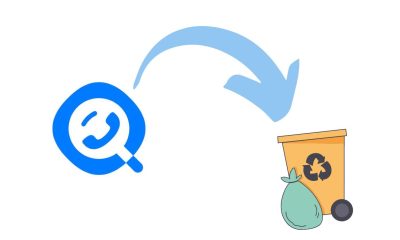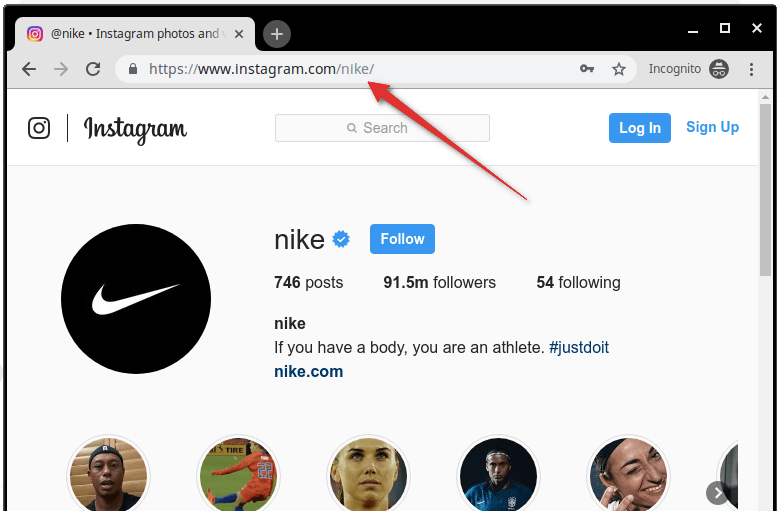Cyber Risk Management
How to Manage Your Bitcoin Wallet Security?

In the early days of Bitcoin, it was very easy to manage your wallet account. In fact, you didn’t even need a wallet account. You simply had some bitcoins, and that was that. Now, things are a little more complicated. Cryptocurrency, especially bitcoin, has become highly valuable and because of this, there are several types of wallet accounts you can use to store your bitcoins.
Bitcoin wallet account security is extremely important.
You don’t want to lose your money or get scammed, so it’s worth doing some research on the topic.
(Overview) Practice good security habits for your bitcoin wallet account
To keep your bitcoin wallet safe, follow these five steps:
- Keep your passwords (and usernames) secure. Make sure you use unique passwords for every account that has an associated bitcoin wallet.
- Back up your wallets. Try to avoid using online wallets if you can, but if you do use one make sure to back it up regularly. Also, make sure your computer is secure and the antivirus software on it is up to date.
- If you are using an online bitcoin wallet, make sure your passwords are secure and not easily guessed.
- If you’re using an offline wallet, back it up regularly.
- And last but definitely not least: NEVER share your private keys with anyone! If you do get scammed by someone who has them, there is nothing you can do to get your bitcoins back.
For the lazy, if you follow these rules, you should be fine. For more detail on some of these, please read on.
Expert Help
Get help from an expert if you have any questions about managing your bitcoin wallet account. This is not something you should try to tackle on your own, as there are many security considerations that need to be taken into account.
Backups
Don’t forget to set up automatic backups for important files that might be lost without them!
You never know when something could happen to wipe out all of your digital content – it’s always better to be safe than sorry!
Consider using a hardware-based or paper-based backup to protect against data loss. A hardware-based backup is a great way to protect against loss or theft. Paper wallets are also an effective method of protection – they are simply pieces of paper containing your public key and a private key that is not connected to the internet.
Two-factor Authentication
Use two-factor authentication with your password and phone number whenever possible. Turn on SMS-based 2-factor authentication for added security. You can also use Google Authenticator or Authy, which generates codes even when your phone is offline.
Alerts and Notifications
Monitor your bitcoin wallet account and any other bitcoin accounts you used to send the bitcoins with at all times. Make sure someone doesn’t gain access to any of your bitcoin wallets by leaving an alert on all accounts.
Keep Records
Keep track of your transactions on a secure, encrypted platform like Blockchain Wallet (or another reputable site). This way, you can see how much money is in each of your accounts at all times and avoid overspending by accident!
Always check the bitcoin wallet address you are sending bitcoins to, as well as the amount of bitcoin that will be sent. Make sure both details match what you agreed with the recipient before completing the transaction. Also, monitor all transactions and account activity regularly.
Don’t Share Sensitive Information
Never share sensitive information such as bank details, passwords, or social security numbers online unless it’s 100% safe to do so! Your bitcoin wallet is no exception. Make sure you share all your information only when the page you are on starts with https (the “s” stands for secure).
Avoid Keeping Large Amounts of Bitcoins in One Place
You don’t want to lose everything if someone gains access to your bitcoin wallet by sending a phishing email. Avoid keeping large amounts of bitcoins in one place and only enter your bitcoin wallet address when you really need to.
Don’t Click Suspicious Links or Email Attachments
It might seem like common sense, but clicking suspicious links can put your bitcoin wallet at risk. Never open an email attachment unless you know what it is. Instead, go directly to the website and look for your transaction information.
Take Away
Following these rules will put you well on your way to effectively managing your bitcoin wallet account. We all want to keep our finances safe, so use the above tips to ensure your money is secure against scammers.
Thanks for reading!
-

 Cyber Risk Management3 days ago
Cyber Risk Management3 days agoHow Much Does a Hosting Server Cost Per User for an App?
-

 Outsourcing Development3 days ago
Outsourcing Development3 days agoAll you need to know about Offshore Staff Augmentation
-

 Software Development3 days ago
Software Development3 days agoThings to consider before starting a Retail Software Development
-

 Grow Your Business3 days ago
Grow Your Business3 days agoThe Average Size of Home Office: A Perfect Workspace
-
Solution Review3 days ago
Top 10 Best Fake ID Websites [OnlyFake?]
-
Business Imprint3 days ago
How Gaming Technologies are Transforming the Entertainment Industry
-

 Gaming Technologies1 day ago
Gaming Technologies1 day agoHow to Set Up Text-to-Speech for Channel Points on Twitch









